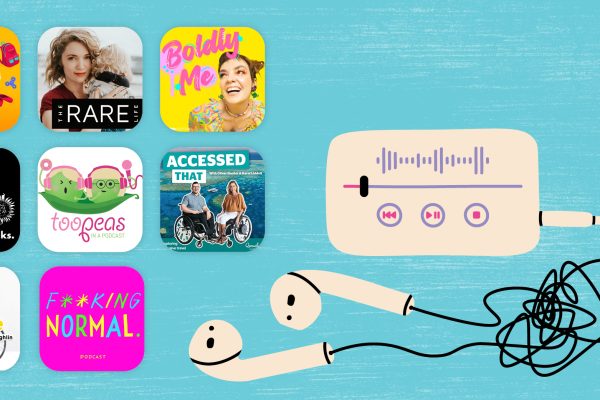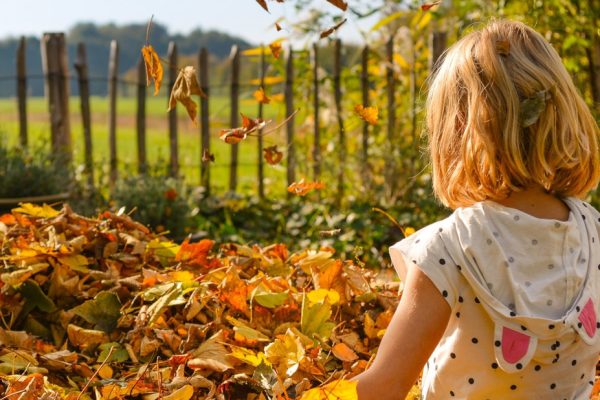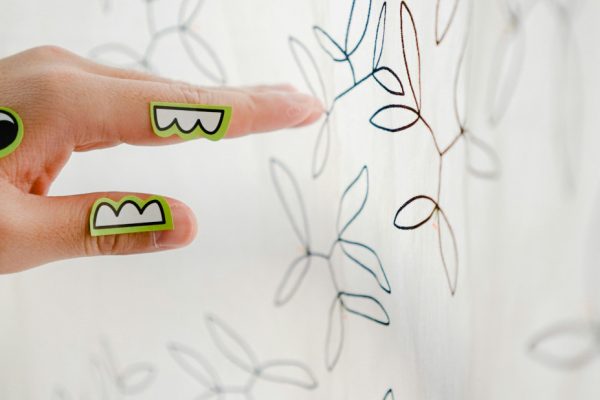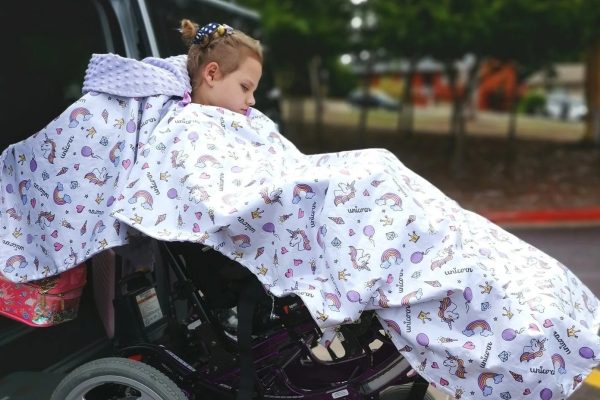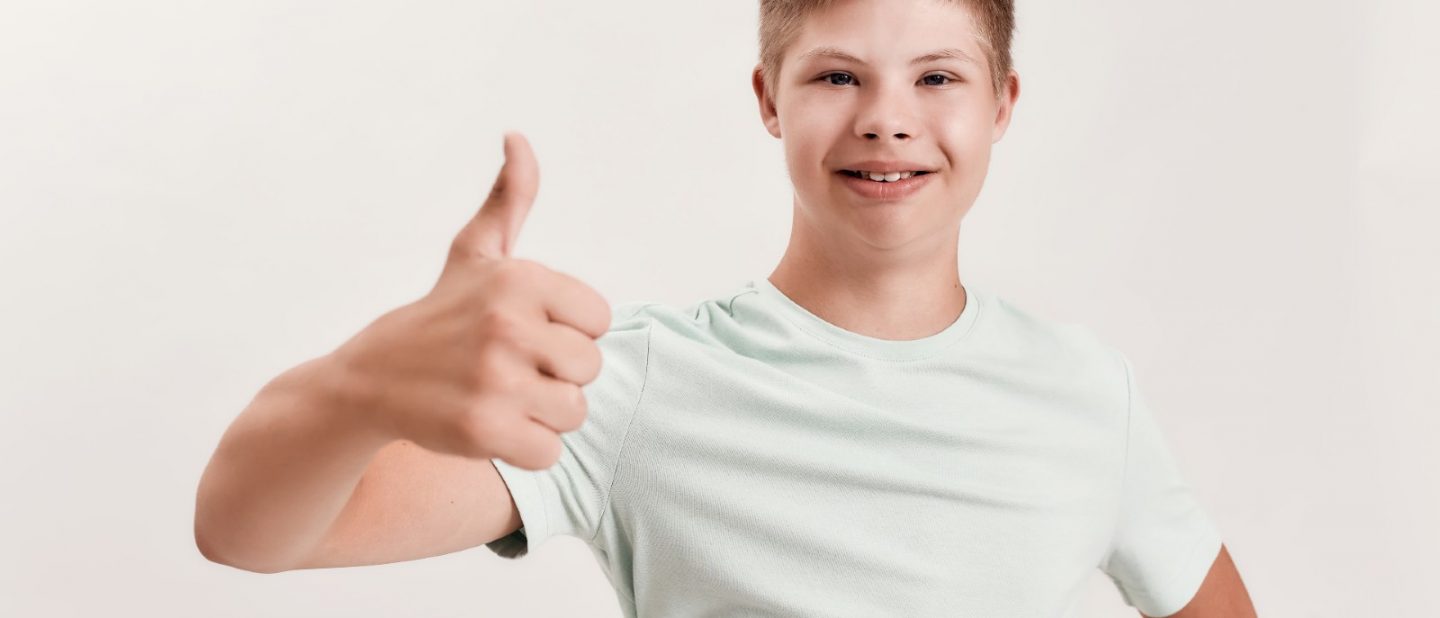
Encouraging independence in young adults with a disability
As children with disability develop into adulthood, we need to consider how to help them become more independent and have an appropriate level of autonomy and control over their lives. The team at Endeavour Foundation is dedicated to informing and supporting carers and people with a disability through these pivotal life moments and they have provided us with these tips for working towards a more independent lifestyle for your loved one.
Support
Seek to support, not control, what people do
We all do our best as parents and carers, often under challenging circumstances. But, sometimes when we care about someone’s well-being we want to control the situation in order to protect and nurture them. Releasing control of the situation can feel like the end result is out of our hands. However, it’s likely the more you are managing the situation, the less responsibility others will take on, and the more reliant they will become on you as their carer.
Instead of seeking to manage every interaction and decision, begin to find ways that you can gradually switch to a mode of offering support instead. Sometimes the shift from “control” to “support” can be as simple as some small tweaks to the language you use. Instead of telling someone what to do, ask him or her what they would like to do.
Establish a trusted support network
A big part of promoting independence is to get others more involved in supporting and assisting your loved one. Family carers are often deeply dedicated to their caring role, and it can be difficult to take an intentional step back and involve other family members, friends or even paid support staff.
Learn from each other and adapt
It’s good to be open to learning and developing yourself. It’s not just a one-way street. The more you, your loved one, and your support network can work together to adapt and understand each other, the quicker progress will be toward independence.
Confidence and Control
Start slowly with daily life decisions
Promoting independence requires patience. It’s about a series of small steps and 1% changes that add up to a more empowered lifestyle and more choice for the individual. The challenge is that many adults with disability have experienced strongly nurturing and highly protective environments. Independence and decision- making power may be foreign concepts, which means that if things happen too quickly, fear and anxiety can take over.
The solution is to start slowly, by empowering the individual with daily life decisions. It can be simple things like how to wash the dishes, or what to cook for dinner. As they build up decision-making confidence with everyday activities, then begin to transfer that confidence into new and more challenging situations.
Allow choice about friends and lifestyle
Everyone deserves the opportunity to choose their own friends and decide what hobbies they would like to do on the weekend. Enabling this power of choice is an important way to support individual growth and development.
Provide decision-making power
People with disability in Australia have a choice on where and how to access their support network and care, using their NDIS support package. This is a significant step towards increased independence across the board, meaning that carers and the support network of each individual are in a position to increase people’s ability and opportunities to be involved in decision-making about their own life.
Get into community activities
Once this journey to independence begins to progress beyond decisions related to daily at-home rituals, you can integrate the process with community activities. For example, you may be able to encourage your loved one to catch the train to the grocery store and pick up the shopping. Initially they may need to support on these trips, but after a while they may be able to go independently.
Join mainstream community groups
You could also begin to facilitate and encourage interactions with local community groups such as a local church or a sports club that runs regular events. Try to find community groups that closely relate to your loved one’s interests and hobbies. This will get them excited to go along and accelerate the building of self-confidence.
Education
Encourage your community to embrace diversity
Education plays an important role in increasing independence for adults with disabilities. This education is not, however, always targeted at the individual. Many people are misinformed, or uneducated, about the abilities that people with disability actually have. Give them a helping hand to understand, so they can act accordingly. It all helps towards an inclusive community.
Living a healthy lifestyle
It’s common for adults with disability, especially intellectual disability, to have a fairly inactive lifestyle and unhealthy diet. When you are looking to promote independence, you need to be aware of the education required to make healthy lifestyle choices. Education alone won’t cut it though. You may need to help your loved one create daily habits that will contribute to a healthy and happy life while they are not with you. A great place to start is with a daily dose of light exercise and a healthy, balanced diet.
Consider options for learning, employment or volunteering
Working – whether to learn, to make money, or to volunteer your time – can provide people with a sense of purpose. It’s an opportunity to contribute to society and develop improved self-confidence and interpersonal skills.
Endeavour Foundation is the largest employer of people with a disability in Australia – to find out more visit their website endeavour.com.au
Training and Skills
Provide training to improve the required skills for independence
Increased independence often comes with the need for a new skill set. The key components required to help people improve their skills are access and support. People with disability must have access to the right learning opportunities – tailored to their interests and abilities – and support from a network of friends, family and mentors.
Encourage your loved one to build a learning and career plan. Something that maps out a pathway to achieve their goals and acquire the knowledge or qualifications they need to sustain meaningful employment.
Start with daily living skills
The secret to promoting independence and making it sustainable isn’t about making one “big” change. It’s a series of smaller changes that combine to look like a bigger change from the outside. So, start developing skills with low-risk daily activities – the cooking, the washing and the ironing. Then when you’re both ready, move onto social and life skills – communication, relationships, shopping and participation in local community groups.
These daily life skills will build confidence and prepare your loved one for the next step, which is developing employment skills – money handling, using technology and taking part in interviews.
Use repetition by creating daily rituals and habits
We are creatures of habit. Most of the thoughts we have and the activities we do every day are exactly the same. Breaking these habits, or creating new ones, can be hard because often we resist change. But you can use this to your advantage to help others develop skills and learn new things. Repetition is the key. If you do something enough times it will soon become second nature.
Promoting independence for people with disability can be a hard and confronting journey because your instincts encourage you to protect and nurture. But if you can embrace the uncertainty and commit to supporting your loved one on this adventure, the end result will be a positive and life-changing one for all involved.
Endeavour Foundation is dedicated to informing and supporting carers and people with disability through these pivotal life moments. To find out how they can help, visit endeavour.com.au or call 1800 112 112.



